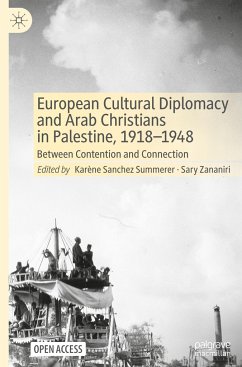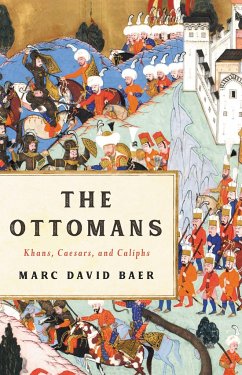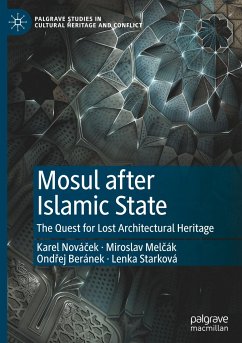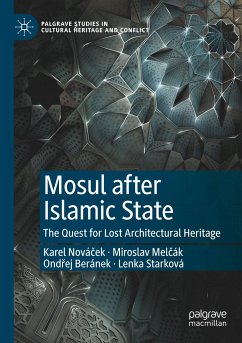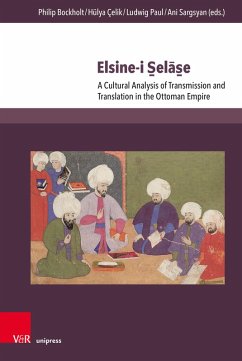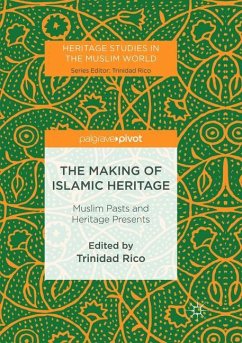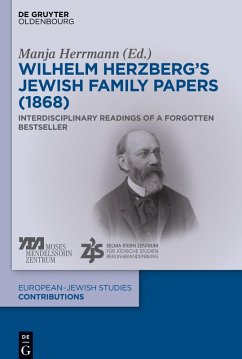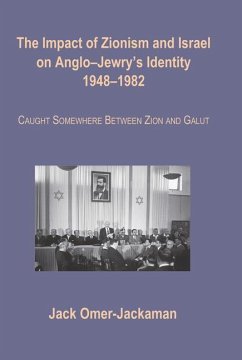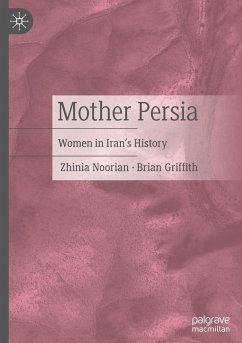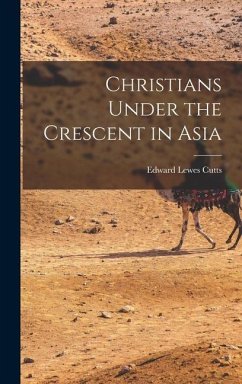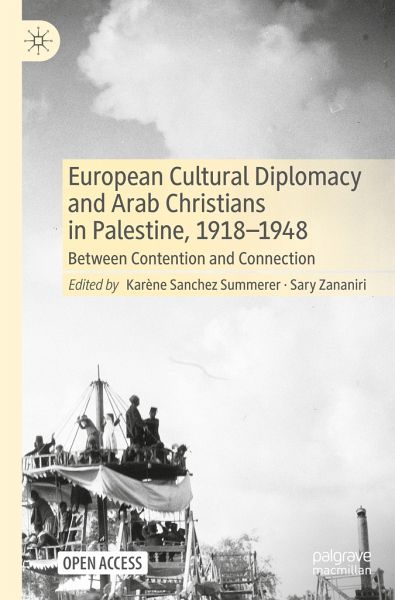
European Cultural Diplomacy and Arab Christians in Palestine, 1918-1948
Between Contention and Connection
Herausgegeben: Sanchez Summerer, Karène; Zananiri, Sary
Versandkostenfrei!
Versandfertig in 6-10 Tagen
31,99 €
inkl. MwSt.

PAYBACK Punkte
16 °P sammeln!
This open access book investigates the transnationally connected history of Arab Christian communities in Palestine during the British Mandate (1918-1948) through the lens of the birth of cultural diplomacy. Relying predominantly on unpublished sources, it examines the relationship between European cultural agendas and local identity formation processes and discusses the social and religious transformations of Arab Christian communities in Palestine via cultural lenses from an entangled perspective. The 17 chapters reflect diverse research interests, from case studies of individual archives to...
This open access book investigates the transnationally connected history of Arab Christian communities in Palestine during the British Mandate (1918-1948) through the lens of the birth of cultural diplomacy. Relying predominantly on unpublished sources, it examines the relationship between European cultural agendas and local identity formation processes and discusses the social and religious transformations of Arab Christian communities in Palestine via cultural lenses from an entangled perspective.
The 17 chapters reflect diverse research interests, from case studies of individual archives to chapters that question the concept of cultural diplomacy more generally. They illustrate the diversity of scholarship that enables a broad-based view of how cultural diplomacy functioned during the interwar period, but also the ways in which its meanings have changed. The book considers British Mandate Palestine as an internationalized node within a transnational framework to understand how the complexity of cultural interactions and agencies engaged to produce new modes of modernity.
The 17 chapters reflect diverse research interests, from case studies of individual archives to chapters that question the concept of cultural diplomacy more generally. They illustrate the diversity of scholarship that enables a broad-based view of how cultural diplomacy functioned during the interwar period, but also the ways in which its meanings have changed. The book considers British Mandate Palestine as an internationalized node within a transnational framework to understand how the complexity of cultural interactions and agencies engaged to produce new modes of modernity.





